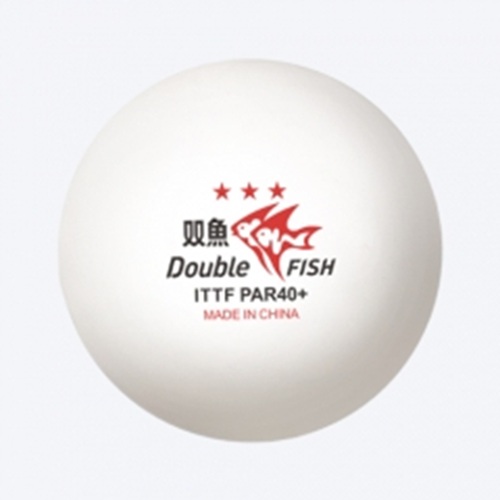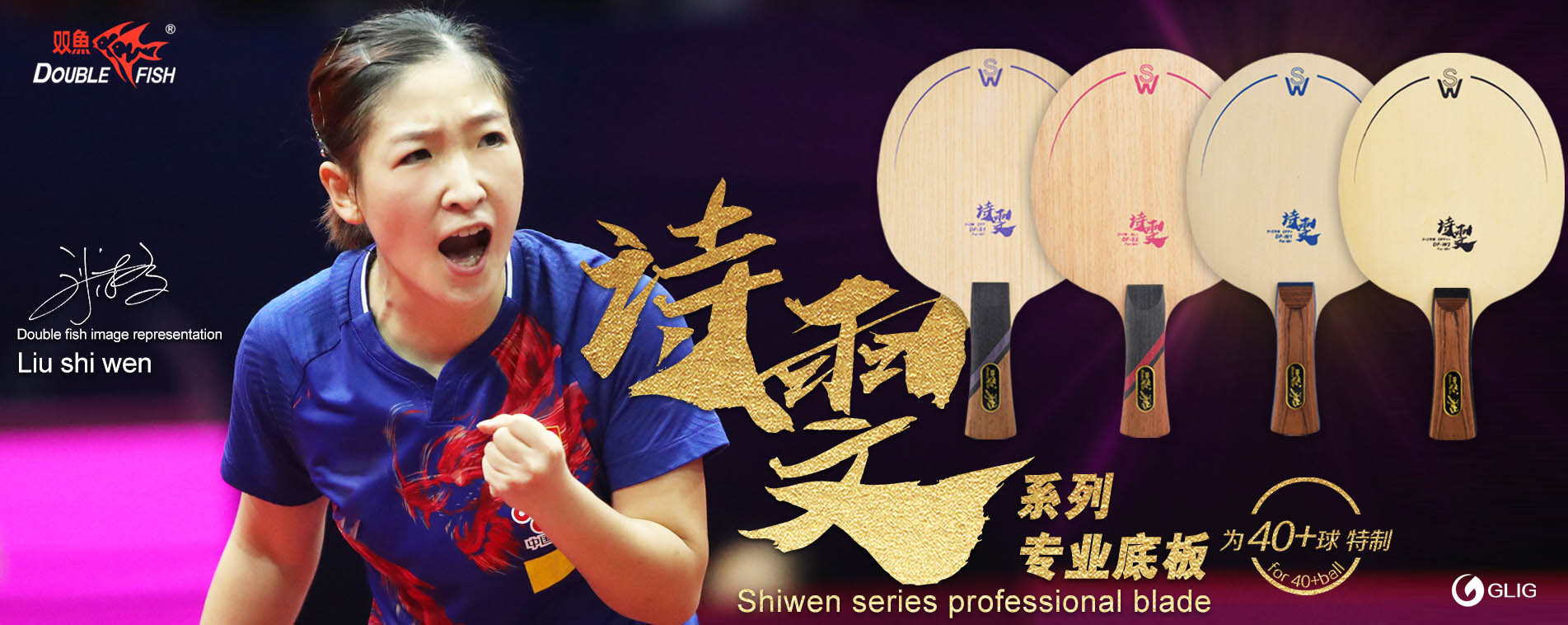How Long Does a Table Tennis Ball Last and When Should You Replace It?
In table tennis, precision matters. From your racket to your footwork, every detail can influence your performance — and that includes the humble ping pong ball. Often overlooked, this small but essential item plays a crucial role in how a match unfolds. So, how long does a table tennis ball really last, and what signs tell you it’s time for a new one?
What Influences the Lifespan of a Table Tennis Ball?
Outdoor ping pong balls are typically made from ABS plastic and rated by a star system (1-star, 2-star, or 3-star), with 3-star balls being the highest quality and used for official matches. Several factors can affect how long a ball lasts:
Material Quality: Higher-rated balls are more durable. 3 star table tennis balls are designed to withstand intense play, while 1-star balls are suitable for recreational use and may break more easily.
Playing Surface: Playing on a smooth indoor table causes less wear than playing outdoors or on concrete surfaces, where balls can get scuffed or crack faster.
Playing Intensity: Competitive players who use powerful strokes and spins put more stress on the ball, shortening its life.
Storage Conditions: Balls stored in humid, extremely hot, or cold environments are more likely to warp or become brittle over time.
Realistic Expectations: How Long Should They Last?
Recreational Use: For casual players, a standard 1-star or 2-star ball may last several weeks if used carefully.
Practice Sessions: For regular practice, especially multi-ball training, balls may last a few sessions before losing bounce or cracking.
Professional Matches: In tournaments, a 3-star ball may be replaced after each match or even during a game if any damage is detected.
If you're hitting with power or doing multi-ball drills, it's common for balls to lose their roundness or bounce after a few hours of intense use.
How to Tell If a Ball Should Be Replaced
Even if a ball isn’t visibly broken, it might still need to be replaced. Here are signs to watch for:
Cracks or Dents: Any visible crack means the ball is unusable for fair play.
Loss of Bounce: If the ball doesn’t bounce as high or evenly, it’s likely worn out.
Sound Changes: A dull or flat sound when bouncing or hitting the racket can signal internal damage.
Warped Shape: Hold the ball at eye level and rotate it—any distortion means it's time for a new one.
Tips to Extend the Life of Your ABS 40+mm Ping Pong Balls
Want to get more playtime out of each ball? Here are a few simple habits that help:
Store balls in a dry, sealed container away from heat and moisture.
Use budget balls for warm-ups or machine training, and save high-quality ones for actual matches.
Avoid stepping on or accidentally sitting on the balls — a common cause of breakage in home setups.
Table tennis balls won’t last indefinitely — especially if you play often. It’s worth keeping an eye on their condition, as signs of wear or decline in quality can affect how the ball performs. Swapping out an old or damaged ball at the right time helps keep your gear in good shape and your playing experience smooth.
Using a fresh, undamaged ball doesn’t just protect the fairness of a game — it also supports better rhythm, precision, and consistency during practice. No matter if you're a weekend hobbyist or someone who plays competitively, having the right ball for the moment can positively impact your performance.






















 Overseas business:(020)8431 9554
Overseas business:(020)8431 9554
 13829778212
13829778212